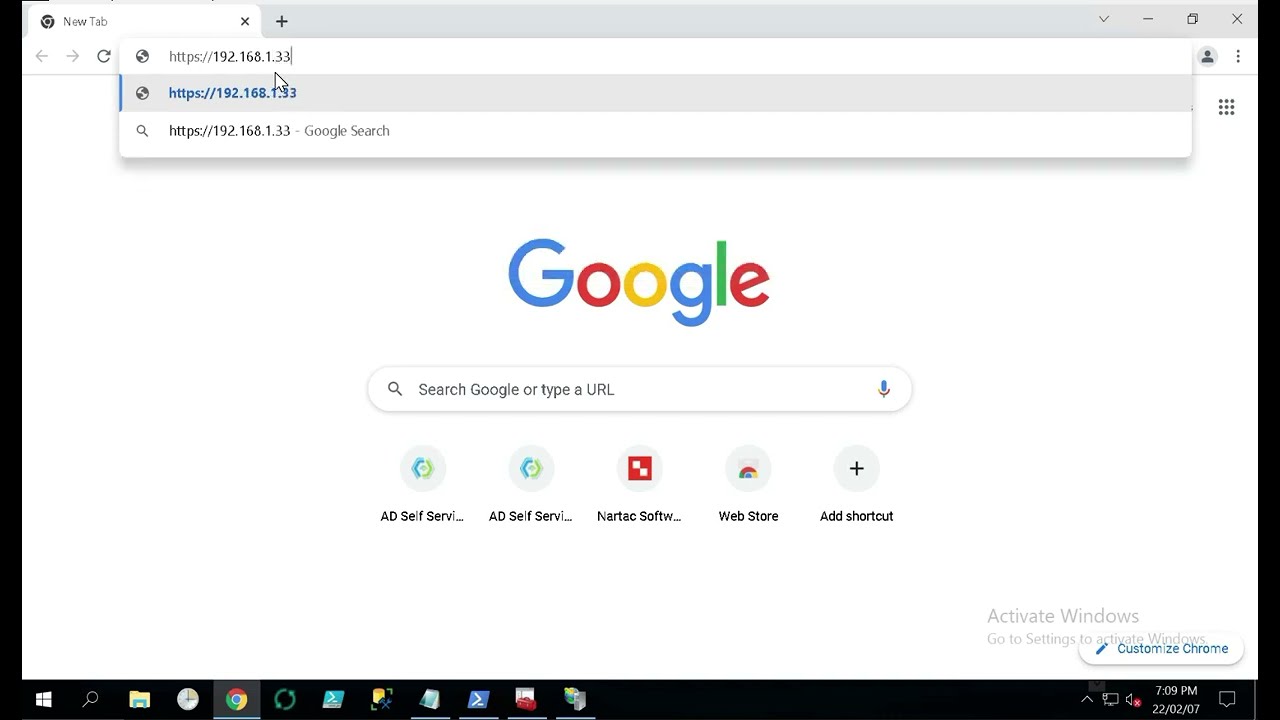
If you have a website that you use for business or personal purposes, then it is important to protect your customer's private information. SSL certificates are an excellent way to achieve this. This has many benefits including the possibility to improve your website's position in search engines.
One of the key factors in improving your ranking is ensuring that the data you transmit is protected. Without it, data can be vulnerable to attacks. Your data is encrypted with an SSL certificate so it can only be accessed by the person using the service. To illustrate, if you use a web-browser to log in to your account then your password is encrypted. You can only access your password when it is encrypted.
Other benefits of using SSL are increased security and trust among customers. This means that your customers will be more likely to stay on your secure pages. SSL can also help you market your products and services. If you want to increase sales, websites that have SSL are more likely to be visited.

SSL can also be used by businesses like insurance professionals and doctors to protect their clients' accounts. In this instance, SSL will protect users' information from being stolen by identity thieves.
An SSL has the main benefit of protecting the privacy and security of data being transmitted. Data is often encrypted before it is sent over the internet. It is more difficult to do encryption than you might think and requires more server resources. Hackers are also unable to access encrypted data streams.
Google is a big supporter of SSL. In fact, it launched an initiative in 2014 to boost the use of HTTPS. Google will rank websites that are secure higher in search results. Even if your website does not contain sensitive information, SSL can still be beneficial for SEO.
If a website doesn’t have SSL, many web browsers display "not secure" labels. This is a huge disadvantage for sites that don't have SSL, as it can decrease traffic. Moreover, if your website isn't SSL-secured, you may get flagged by Google as a non-secure site. It can also affect your search engine rankings, and ultimately your overall revenue.

An SSL Certificate is necessary if you intend to accept payments online. PCI compliance means your website must conform to the Payment Card Industry Data Security Standard. Your website may be hacked if it does not meet the requirements of the Payment Card Industry Data Security Standard (PCI DSS). This type of certification is quite easy to obtain.
There are two types SSL certificate. These are Organization Validated and Extended Validation. These certificates provide moderate protection and are inexpensive. EV certificates, while more expensive, offer the greatest level of protection.
FAQ
What is the cost of building a website?
The answer depends on what you are trying to achieve with your website. For instance, if you just want to post information about yourself or your business, you might be able to get away with free services such as Google Sites.
However, if visitors are serious about coming to your site, they will be willing to pay more.
The best option is to use a Content Management System, such as WordPress. These programs can be used to build a website quickly and easily without having to know any programming. This is because the sites are hosted and maintained by third-party companies. You don't have any risk of being hacked.
Squarespace is another way to create a website. They offer a variety of plans ranging from $5 per month to $100 per month, depending on what you want to include on your site.
Is web development hard?
Web Development is not easy, but if you have a passion for coding, there are many online resources that can help you learn how to code.
The only thing you need is to search for the right tools and follow their steps step by step.
There are many tutorials available on YouTube and other platforms. You can also use free online software such as Notepad++, Sublime Text, etc.
Books can also be found in libraries and bookstores. Some of the most popular ones include:
O'Reilly Media presents "Head first HTML & CSS".
O'Reilly Media's "Head First PHP/Mysql 5th Edition"
Packt Publishing presents "PHP Programming: Absolute Beginners".
I hope this article helped you.
What is a static site?
A static website is a site where all content are stored on a server, and visitors can access it via web browsers.
The term "static", as it is sometimes called, refers not to dynamic features such changing images, videos, animations, etc.
This type of website was originally created for use in corporate intranets. It has since been adopted both by individuals and small companies who are looking for simple websites that do not require any programming.
Because they are less maintenance-intensive, static sites have gained popularity. They are simpler to update and maintain than fully-featured websites that have many components (like blogs).
They also tend to load faster than their dynamic counterparts. They are great for people who use mobile devices and have slow Internet connections.
Static websites are also more secure than dynamic ones. A static website is impossible to hack. Hackers only have access the data in a database.
There are two main ways you can create a static web site.
-
Using a Content Management System (CMS)
-
Static HTML Website Creation
Which one you choose depends on your requirements. I recommend a CMS if you're just starting to create websites.
Why? Because it gives you complete control over your website. With a CMS, you don't need to hire someone to help you set up your site. You just need to upload files to your web server.
You can still learn how to code and create a static website. It will take some time to learn to program.
Can I build my website using HTML & CSS?
Yes, you can! You'll need to be familiar with web design concepts and programming languages such HTML (Hyper Text Markup Language), CSS, and CascadingStyle Sheets. These languages allow you create websites that can be viewed by anyone with internet access.
Statistics
- Is your web design optimized for mobile? Over 50% of internet users browse websites using a mobile device. (wix.com)
- Did you know videos can boost organic search traffic to your website by 157%? (wix.com)
- The average website user will read about 20% of the text on any given page, so it's crucial to entice them with an appropriate vibe. (websitebuilderexpert.com)
- Studies show that 77% of satisfied customers will recommend your business or service to a friend after having a positive experience. (wix.com)
- It's estimated that in 2022, over 2.14 billion people will purchase goods and services online. (wix.com)
External Links
How To
What is website Hosting?
Website hosting describes where visitors go when they visit a site. There are two types of website hosting:
-
Shared hosting - This is the cheapest option. Your website files reside on a server controlled by someone else. Your customers' requests travel via the Internet to your server when they visit your site. The request is sent to the server's owner who then passes it on to you.
-
Dedicated hosting – This is the most expensive option. Your website is only accessible from one server. You and your traffic are protected by the fact that no other websites share server space.
Shared hosting is cheaper than dedicated hosting for most businesses. With shared hosting, the company that owns the server provides the resources needed to run your website.
However, both have their advantages and disadvantages. These are some of the major differences between them.
Sharing Hosting Pros
-
Lower Cost
-
Easy to Setup
-
Frequent Updates
-
It is possible to find it on many web hosting companies
Hosting shared with others can cost as low as $10/month. But keep in mind that this price usually includes bandwidth. Bandwidth is the data transfer speed that you have over the Internet. So even if you only upload photos to your blog, you may still pay extra money for high amounts of data transferred through your account.
Once you begin, you will soon see why you spent so much on your previous host. Most shared hosts don't offer any customer support. Their techs will occasionally walk you through setting up your site, but you're on your own after that.
Providers that offer 24-hour customer support are worth looking into. They will take care of any issues while you sleep.
Cons of dedicated hosting
-
More Expensive
-
Less Common
-
Requires special skills
You're getting everything you need with dedicated hosting to operate your website. You won't have worry about whether your website is using enough bandwidth, or whether it has enough RAM (random-access memory).
This means that you will have to pay a little more upfront. However, once your business goes online, you'll discover that you don’t need as much technical support. You will become an expert in managing your servers.
So Which Is Better For My Business?
The answer depends on what kind of website you want to create. If you are selling products, shared hosting may be the best option. It's simple to set it up and keep it updated. Because you share a server, you will most likely receive frequent updates.
However, dedicated hosting is the way to go if you want to build a community around your brand. You can put your efforts into building your brand, and not worry about how to handle your traffic.
Bluehost.com is a web host that offers both. They offer unlimited monthly data transfers and 24/7 support. You can also register domain names for free.